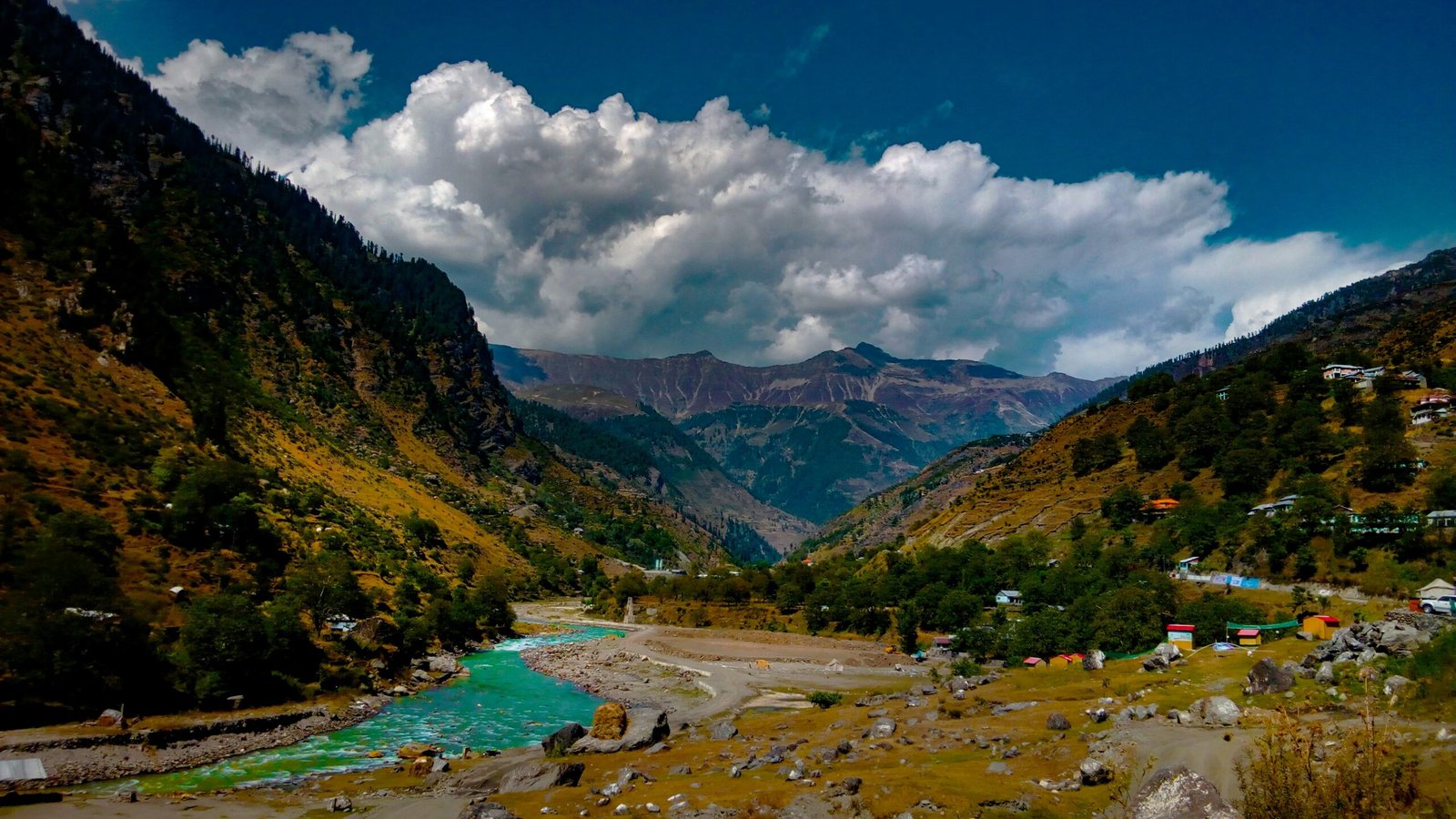On February 27, 2019, Pakistan retaliated to the Balakot airstrike conducted by India, marking a significant escalation in tensions between the two nuclear-armed neighbors. The event unfolded against the backdrop of longstanding disputes over the Kashmir region, which has been a contentious issue between India and Pakistan for decades.
The Balakot airstrike, carried out by the Indian Air Force on February 26, targeted alleged terrorist training camps in Balakot, a town in the Khyber Pakhtunkhwa province of Pakistan. India claimed that the strike was in response to a suicide bombing in Pulwama, Indian-administered Kashmir, on February 14, which killed 40 Indian paramilitary personnel. The attack was claimed by Jaish-e-Mohammed (JeM), a Pakistan-based militant group.
Pakistan vehemently denied India’s claims of targeting terrorist camps and instead accused India of violating its airspace. In response to the Balakot airstrike, Pakistan carried out its own airstrike the following day, targeting Indian military installations across the Line of Control (LoC) in Kashmir. The Pakistani Air Force claimed to have shot down two Indian fighter jets and captured an Indian pilot, Wing Commander Abhinandan Varthaman.
The capture of Wing Commander Abhinandan Varthaman escalated tensions between the two countries to a dangerous level. The international community expressed concern over the possibility of further conflict between the nuclear-armed neighbors, urging both sides to exercise restraint and engage in dialogue to de-escalate the situation.
In the aftermath of the airstrikes, both India and Pakistan engaged in a war of words, with each side accusing the other of aggression and violating international law. Pakistan maintained that its actions were in self-defense, while India argued that it had the right to protect its national security.
The Balakot airstrike and its subsequent retaliation by Pakistan raised questions about the effectiveness of such military actions in resolving the long-standing issues between the two countries. The Kashmir conflict, which dates back to the partition of British India in 1947, has been a major source of tension between India and Pakistan, resulting in multiple wars and countless skirmishes over the years.
The international community, including the United Nations, has repeatedly called for a peaceful resolution to the Kashmir dispute through dialogue and negotiations. However, progress has been slow, with both sides holding firm to their respective positions.
It is important to note that the events of February 2019 were not isolated incidents but rather part of a larger pattern of conflict and mistrust between India and Pakistan. The Balakot airstrike and its retaliation highlighted the fragile nature of the bilateral relationship and the potential for further escalation if tensions are not effectively managed.
As with any historical event, it is crucial to examine multiple perspectives and consider the available evidence. While this article provides an overview of the Balakot airstrike and its retaliation by Pakistan, readers are encouraged to explore additional sources for a comprehensive understanding of the complex dynamics at play in the India-Pakistan relationship.
External References:
1. “Balakot airstrike: The new normal in India-Pakistan ties?” – Al Jazeera
2. “India-Pakistan: A timeline of conflict” – BBC News
3. “Kashmir conflict: A brief history” – Council on Foreign Relations
4. “India-Pakistan Relations: A 50-Year History” – The Diplomat
5. “India-Pakistan Relations: A Deadly Cycle of Violence” – Human Rights Watch
SEO Excerpt:
The 2019 Balakot airstrike and its retaliation by Pakistan marked a significant escalation in tensions between India and Pakistan. This article provides an overview of the event, its historical context, and the potential implications for the region. Explore external references for a more comprehensive understanding of the India-Pakistan relationship.

